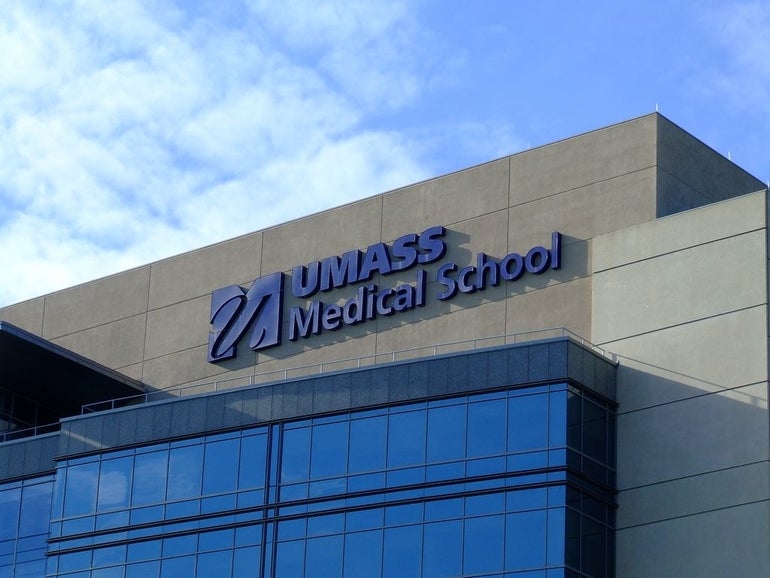UMass Medical School and a Christian monastery in Millbury are alleging in a lawsuit cosmetics giant L’Oreal began selling a product patented by a UMass researcher and licensed to the monastery to sell.
According to a lawsuit filed in July and amended on Aug. 18, James Dobson, a cardiovascular physiologist had been researching chemical adenosine since the 1960s and discovered that the chemical can be used to enhance skin condition.
Those discoveries are documented in two patents, according to the lawsuit.
Teresian Carmelites, a nonprofit Christian Monastery in Millbury, negotiated a license with Dobson through his longstanding relationship with the religious order. The monastery then founded Carmel Labs, a for-profit subsidiary and the exclusive licensee of the patent since 2008.
With Dobson, Carmel Labs developed Easamine, an anti-aging face cream initially released in 2009, which gained worldwide attention and produced significant sales in its first year.
The lawsuit alleges L’Oreal has been aware of the technology since at least 2002, even referencing Dobson’s patents and the technology in several official documents, including in a 2003 rejected patent application.
In 2003, a lawyer for L’Oreal contacted Dobson to discuss the patents, but did not obtain a license to sell the product, the lawsuit alleges.
In October 2010, just two weeks before the monastery was planning an expanded launch of Easamine, L’Oreal announced a new line of anti-aging products promoting its use of adenosine.
“Nonetheless, after speaking to Dr. Dobson, and with full knowledge of the technology exclusively licensed to Carmel Labs, Defendants began creating, marketing, and selling cosmetic products using the patented adenosine technology,” the complaint alleges.
Carmel Labs still launched the expanded Easamine line that November, but sales fell flat due to L’Oreal’s marketing abilities.
“Teresian Carmelites’ plummeting funds left it unable to pay the monastery’s mortgage, and to lapse payments on obligations it undertook to finance the launch of Easeamine,” the lawsuit alleges.
The monastery was forced to sell property to avoid foreclosure, lost health insurance for its members and was unable to generate funds for its charitable works.
Lawyers for L’Oreal asked a U.S. District COurt in Delaware to toss the lawsuit, saying the complaint fails to allege how using, selling or offering to sell the products could infringe on Dobson’s patents.
The complaint contains only speculation that some of L’Oréal USA’s adenosine-containing products meet the limitations of the asserted patent claims, the company’s lawyers wrote in a brief.

